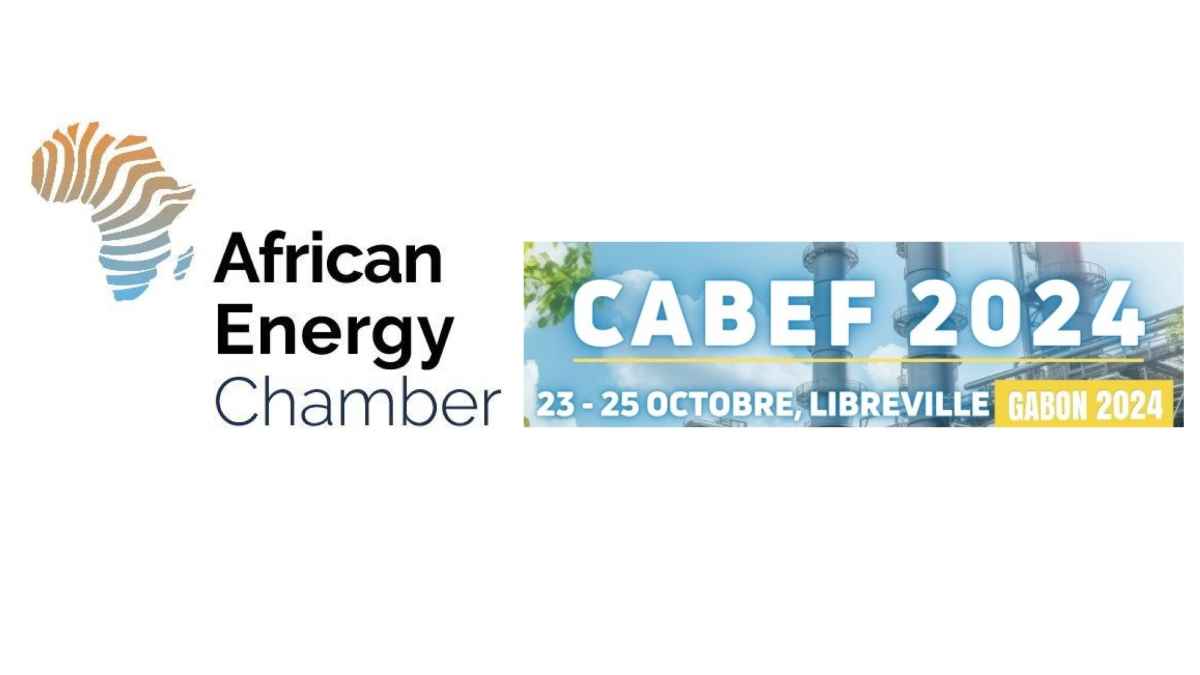Taking place this week in Gabon, the Central Africa Business Energy Forum seeks to promote an enabling environment for doing business in the region
JOHANNESBURG, South Africa, October 24, 2024/APO Group/ —
Serving as the voice of the African energy sector, the African Energy Chamber (AEC) (https://EnergyChamber.org) strongly supports the 2024 edition of the Central Africa Business Energy Forum (CABEF) – taking place this week in Gabon. The event asserts the critical role an enabling environment and market-focused policy plays in driving projects forward across the region. AEC Executive Chairman NJ Ayuk is speaking at the event, where he will outline the vital need to address foreign exchange regulations while creating an enabling environment for companies to do business.
Despite the significant potential the Central African region offers for hydrocarbon development, subsidies, taxes and unattractive fiscal terms have deterred foreign investment. Notwithstanding domestic policies, foreign exchange regulations instituted under the Bank of Central African States (BEAC) continue to cost the region. Specifically, new rules regarding transactions over US$1,700 have not only impacted the lead time for money transfers but raised overall transaction costs. This continues to serve as a major hinderance for energy projects across the region at a time when foreign capital is most-needed.
Africa loses up to $46 billion in investment and stands to lose billions more if operators are not met with enabling environments. With up to 600 million living without access to electricity and 900 million people living without access to clean cooking solutions, the continent requires much more investment to boost energy security and meet socioeconomic goals. To increase investment, African nations need to tear down the rules that make it difficult for people to invest.
The Central African region – home to some of the most promising oil and gas markets in Africa – is well-positioned to supply the continent with energy. Major producers such as Gabon, Equatorial Guinea, the Republic of Congo and Cameroon have long-been major exporters, yet production declines present newfound challenges. To counteract natural declines in hydrocarbon output, the region requires significant levels of investment in exploration. Unattractive fiscal policies and disruptive foreign exchange regulations impact spending across the upstream market, highlighting the need to address fiscal barriers.
The event also connects foreign investors to projects, serving as a catalyst for project development
Take Equatorial Guinea, for example, whose Gas Mega Hub (GMH) offers the region a unique opportunity to monetize stranded resources. Through its Punta Europa LNG facility, the country processes gas from the Alba field. The agreement for the next phase of the GMH has been signed, enabling the Aseng field to be tied-in to existing infrastructure. Additionally, Equatorial Guinea has signed agreements with Nigeria and Cameroon to import gas. However, much more needs to be done in order to maximize the full potential of both the GMH and regional blocks. The same can be said for Cameroon as well as other regional nations such as Gabon and Chad, all of which have also faced production declines in recent years. Lack of investment in exploration can be attributed to counterproductive CEMAC policies, governance issues and tax challenges, with operators facing roadblocks and red tape.
Despite disruptive policies, efforts are being made to increase energy access and intra-African trade. Projects such as the Central African Pipeline System (CAPS) aim to connect Central Africa with other regions in Africa, featuring a network of 6,500-km pipelines connecting the oil and gas resources of 11 Central African countries. The initiative links storage depots, LNG processing facility, power plants and pumping stations, modeling energy system in Europe to spur industrialization and electrification in Africa. The AEC wholly support the CAPS project, viewing it as an instrumental development in Africa’s energy future.
Amidst the global energy transition, Central Africa needs to rally behind its oil and gas operators. Africa cannot afford to leave its hydrocarbon resources in the ground, and as such, will need oil and gas to not only be part of but drive a just energy transition. It is important to ensure that resources are used correctly and that the continent does not transition in a way that hurts Africa. CEMAC countries need to produce every drop of oil and gas they can find to grow the region. There is no reason to apologize and to not use your oil and gas resources. Plan A is oil, Plan B is oil and Plan C is oil. We have no other plan.
Stepping into this picture, the 2024 edition of CAEBF advocates for energy sufficiency in the region. Serving as a platform where regional nations convene, the event addresses the most pressing challenges faced by energy operators in Central Africa. CABEF connects energy industry actors with the aim of accelerating the pace and success of energy projects, with a strategic focus on oil and gas developments.
“CABEF has emerged as an important platform for many reasons: by connecting regional governments and energy operators, it enables direct discussions regarding the challenges and opportunities of the region. The event also connects foreign investors to projects, serving as a catalyst for project development. The AEC is proud to once again endorse this important event and will continue to advocate for an enabling environment in Africa,” states NJ Ayuk, Executive Chairman of the AEC.
Distributed by APO Group on behalf of African Energy Chamber.


 Energy3 days ago
Energy3 days ago
 Business3 days ago
Business3 days ago
 Business3 days ago
Business3 days ago
 Energy2 days ago
Energy2 days ago
 Business3 days ago
Business3 days ago
 Business3 days ago
Business3 days ago
 Energy2 days ago
Energy2 days ago
 Energy3 days ago
Energy3 days ago












